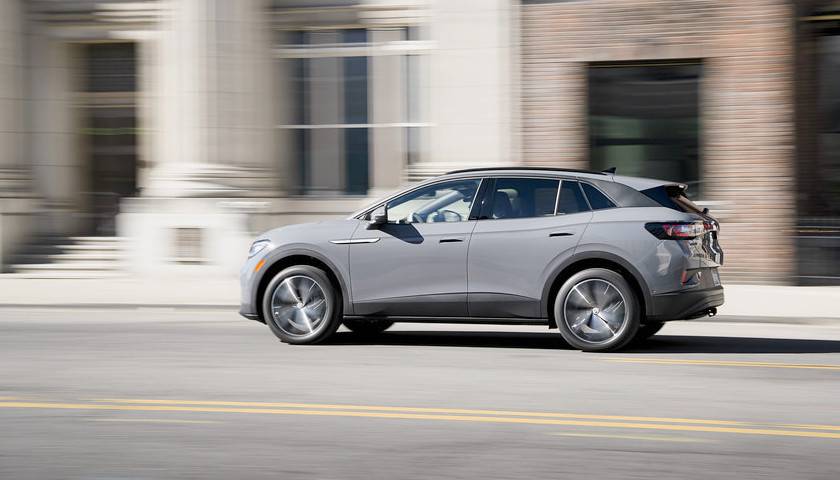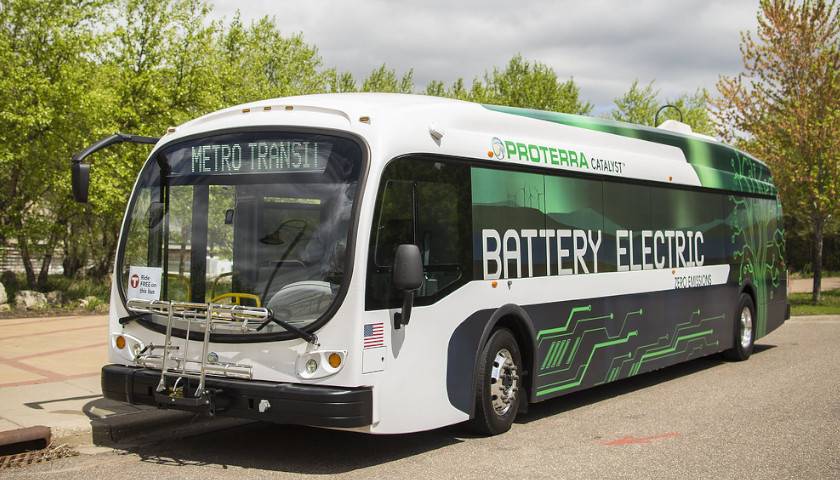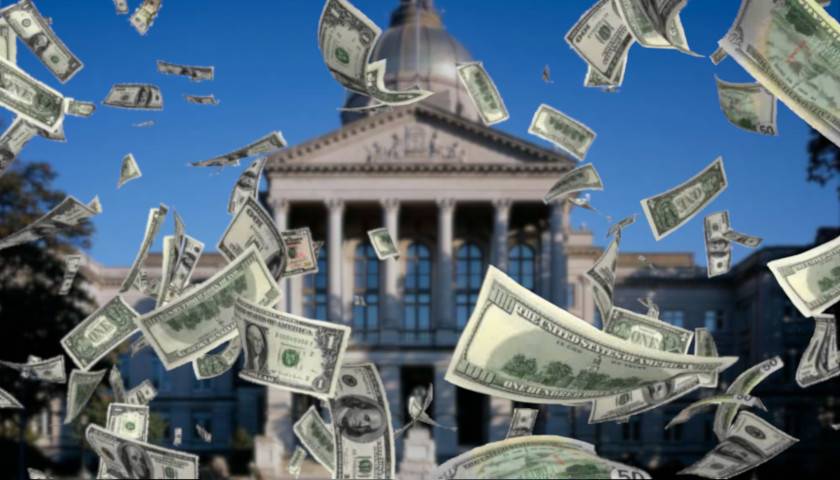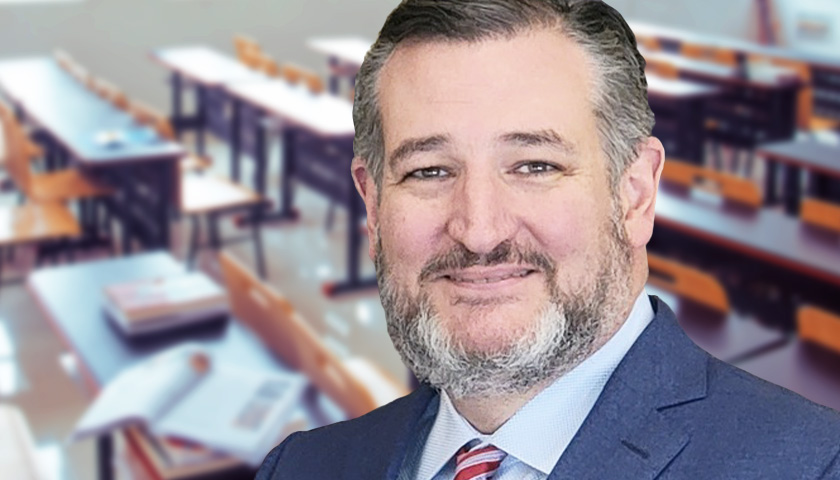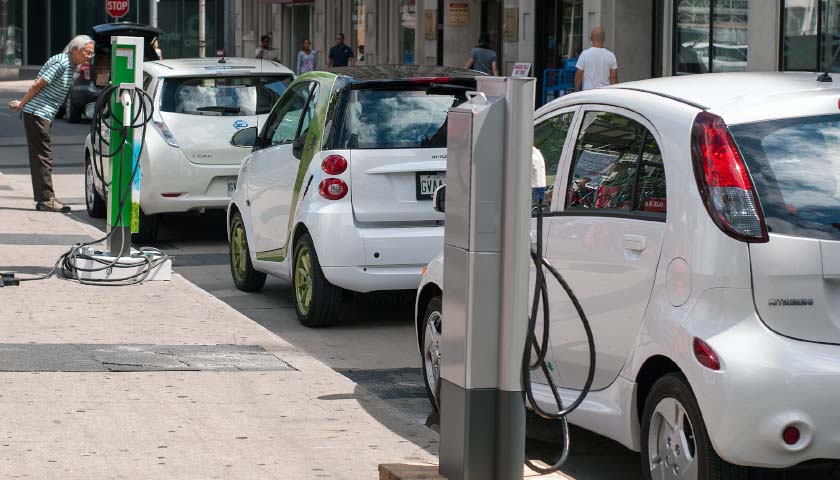The number of electric vehicles (EV) that qualify for tax credits fell from 43 to 19 on Monday following new rules about the number of components in the vehicle that can be made by China and other foreign entities, according to Reuters.
On Dec. 1, 2023, the Treasury Department released guidance for which EVs are eligible for its $7,500 tax credit, requiring vehicles to have at least 60% of battery components and 50% of total critical minerals used not be from a foreign entity of concern like China starting in 2024. Vehicles that are impacted by the changes include the Volkswagen ID.4, Tesla Model 3 Rear Wheel Drive, BMW X5 xDrive 50e, Audi Q5 PHEV 55, Cadillac Lyriq and Ford E-Transit, losing eligibility for the credit, according to Reuters.
Read More
